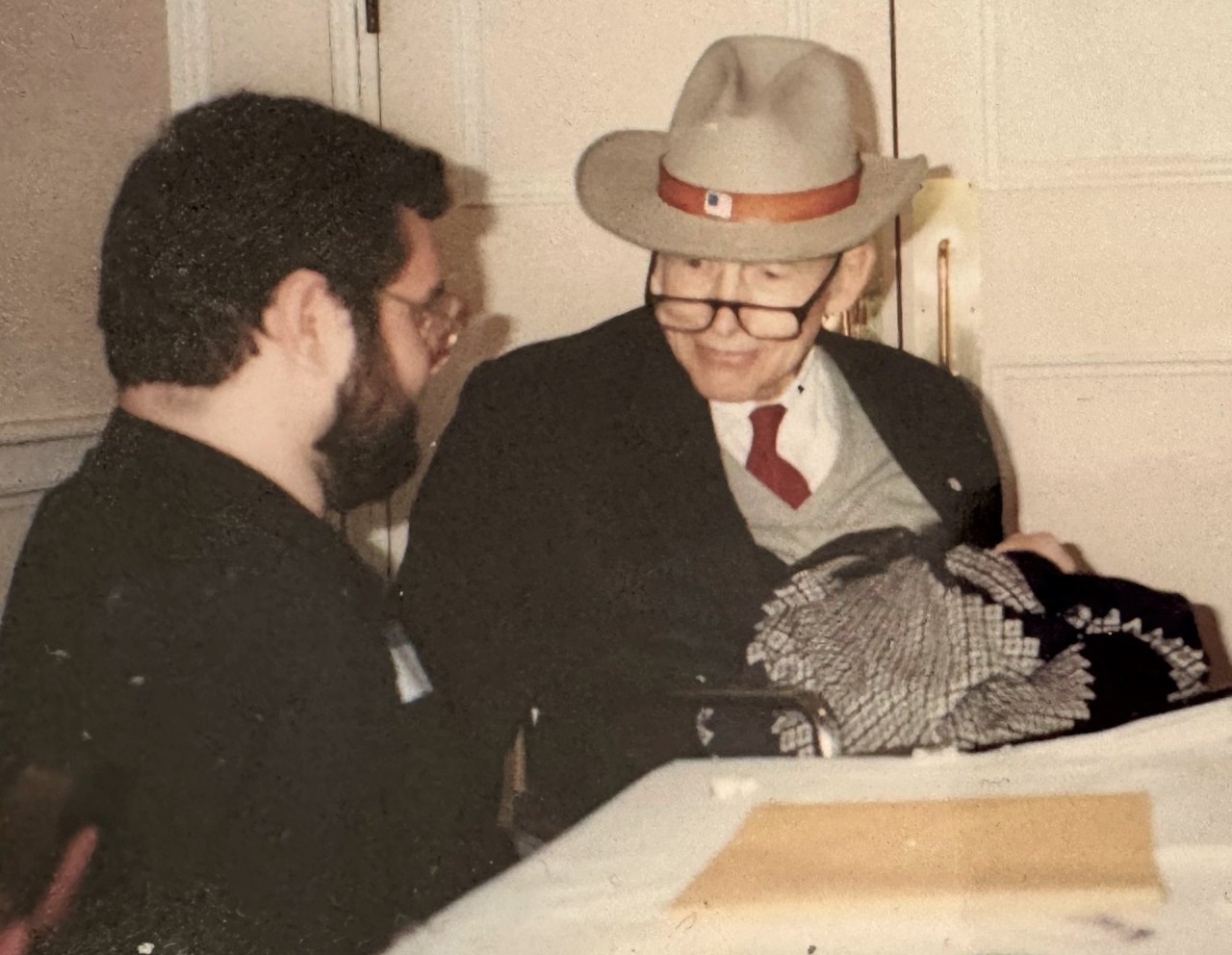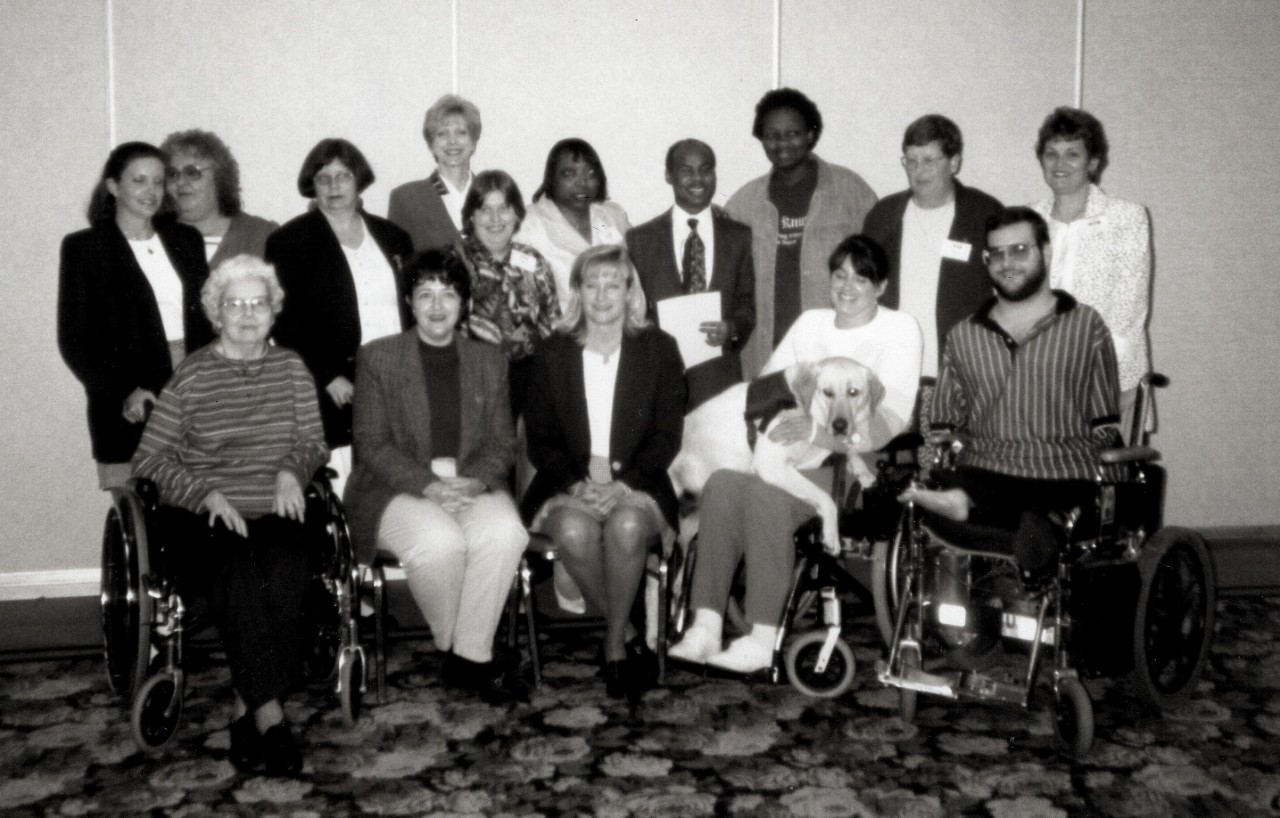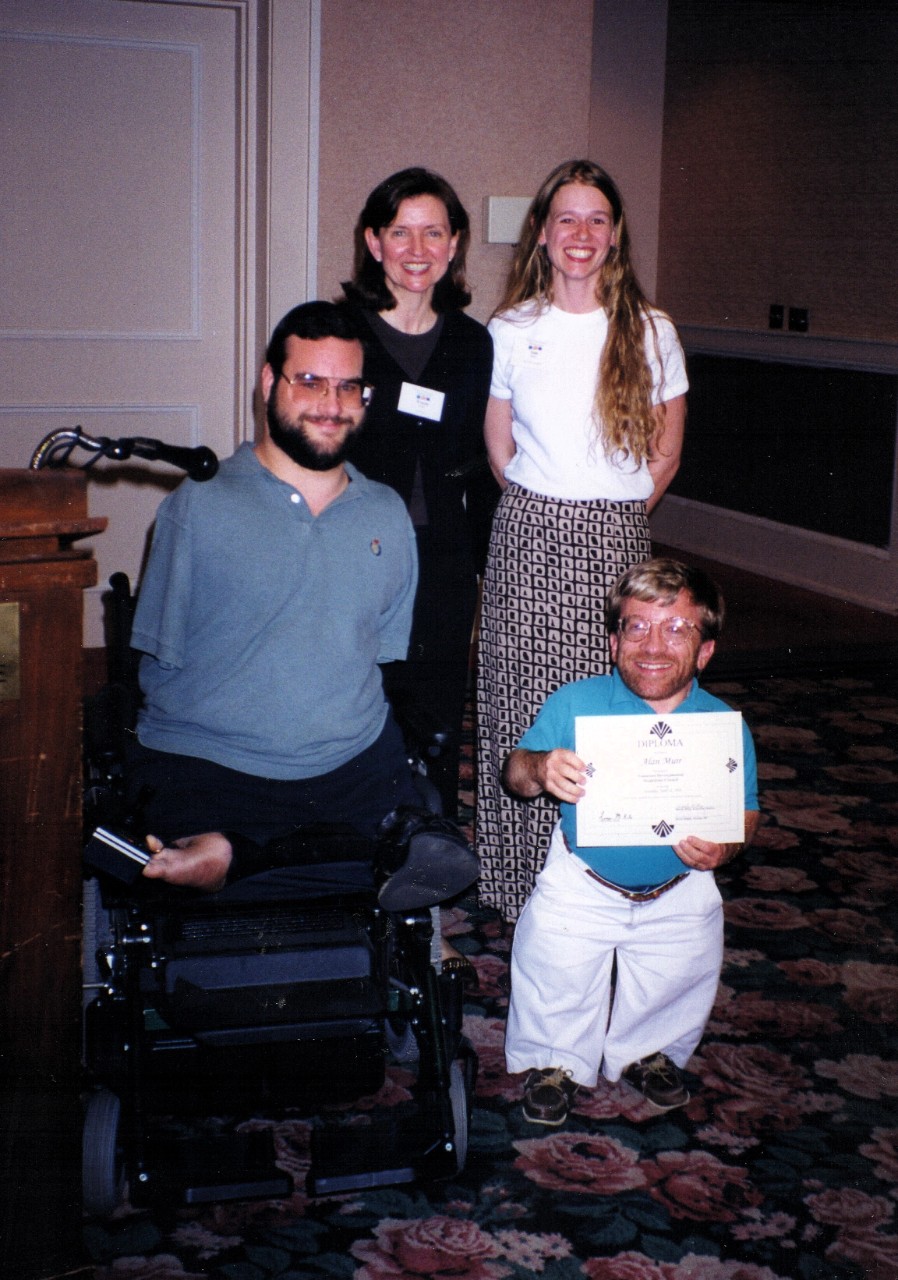Reflecting on 30 Years of Partners in Tennessee: The Beginnings
By Kevin Wright, Director of Tennessee Partners in Policymaking®, 1995-2000

It’s hard to believe that Partners in Policymaking® is celebrating 30 years in Tennessee! For me, the launch of Partners seems like yesterday.
Like many college students, I approached graduation as a point in my life where all my education, employment preparation, and theory was about to become real. I realized that I had to decide what path would both fulfill my desire to contribute to the world while also paying the bills. Through various volunteer or part-time roles, I met and regularly crossed paths with Wanda Willis, the Executive Director of the Tennessee Council on Developmental Disabilities. She became a friend and mentor. She not only jump-started my career – she served as a leader, guide, and often voice of reason in a sometimes-unreasonable world.
Wanda and I worked together on various projects. By 1994, I must have made some type of positive impression, because she asked if I’d be interested in moving to Nashville to lead a new Council leadership pro-gram. It would focus on helping individuals and parents learn how to advocate for themselves and their families while navigating a fragmented, complex, and often very confusing system of disability related supports.
I accepted the role, and from 1995 until 2000, I was honored to serve as the Director of Tennessee Partners in Policymaking. Through my tenure, I saw the program grow to include a youth component known as the Tennessee Youth Leadership Forum. I also saw Partners in Policymaking scholars grow their knowledge, skills, competencies, and most importantly, themselves. While there are many examples of this, a few general moments will forever be part of my Partners memory bank.
For many of the adult scholars with disabilities, Partners was the first time in their life they had an opportunity to give real thought and practice of true self-advocacy. Up to that point, they had loving, caring supports in their life who helped them navigate through school, first social events, and other parts of life without wanting their loved one to “fail.” It was refreshing, while sometimes surprising, to scholars when the light bulb moment happened during a session as they realized that it is okay to “fail” – and in fact, can be a moment of real growth. The second “ah-ha” moment often was when they realized that much of the advocacy provided for them and protections afforded during their youth shifts from others to them. They would realize that they now have, with support where and when needed, responsibility for their own life navigation, which isn’t always easy. Being a part of those moments was special.
It wasn’t just adult scholars who had their own realizations. I remember many light bulb moments with parents, as well. Those usually came outside of the formal sessions, during rare downtime or social/mealtime conversations. I, as a new, young professional with life experiences was coaching, and sometimes mentoring, moms and dads with many more years behind them. Those usually included tough conversations about allowing for “safe failure.” We talked about ensuring that their son or daughter was included and had a voice in all the advocacy work that the parent was doing. I saw parents realize that without their child being a significant part of the process, not only would they not have as much investment in their own future as adults with a disability, but they would be at an even greater disadvantage in life’s navigation.
When I think of these moments and other efforts, I know Tennessee is stronger because of the work that takes place through Partners in Policymaking. Partners allows parents and adults to enrich their lives with knowledge, skills, and lifelong connections to others who share their journey’s challenges. It is a place where real solutions are developed, and old solutions evolve.
My advice to all former, current, and future Partners in Policymaking scholars is: Take advantage of all that Partners has to offer. Learn from it. Grow, and use the connections with each other and the professionals who serve as guides at each session to make your and your family’s journey as friction free and satisfying as it can be. You only get one chance at this. Make it count!
Kevin Wright is currently Assistant Commissioner for the Divi-sion of Rehabilitation Services, TN Dept. of Human Services. Prior to being appointed to his current role, he served as the division’s Director of Operations for six years. Kevin holds a BS degree in communications from the University of Tennessee at Martin.

